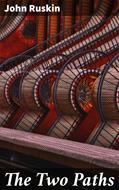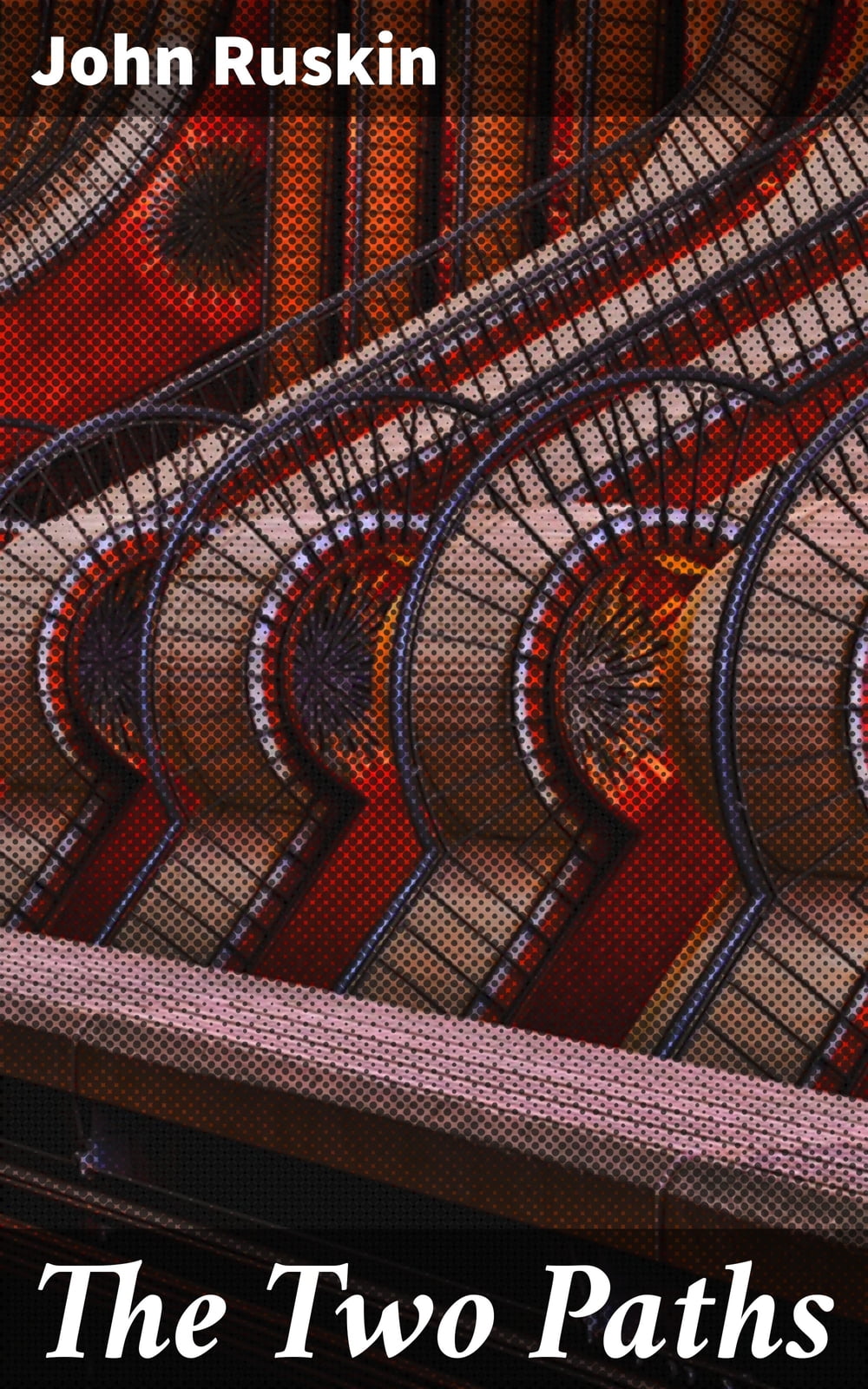The Two Paths
In "The Two Paths," John Ruskin delves into the intricate relationship between art, architecture, and morality within the context of the Industrial Revolution. Employing his signature blend of eloquent prose and vivid imagery, Ruskin contrasts the noble aspirations of artistic integrity with the mechanized, often soulless output of industrialism. Through compelling arguments and insightful observations, he examines the implications of modernity on both society and the individual, urging a return to craftsmanship and an appreciation for beauty that resonates with the soul. This work, part critical treatise and part philosophical manifesto, stands as a key text in the Victorian discourse on aesthetics and ethics, encouraging readers to contemplate the paths available to humanity in a rapidly changing world. John Ruskin (1819-1900) was not only an art critic but also a social thinker and philanthropist whose deep-seated beliefs about the value of nature and the importance of moral purpose in art profoundly shaped his writing. His upbringing in a creatively rich environment and his extensive study of medieval architecture and Renaissance art informed his conception of authenticity and social responsibility in artistic endeavors. Ruskin's personal experiences, including his reactions to the harsh realities of the Industrial Revolution, inspired him to advocate for a return to artistic values that align with ethical considerations. Readers interested in the intersections of art, ethics, and social justice will find "The Two Paths" an enlightening exploration. Ruskin's articulate defense of beauty as a guiding principle offers a compelling framework for assessing contemporary artistic practices. For those seeking a deeper understanding of Victorian thought on aesthetics, this work is indispensable and remains remarkably relevant today.
-
Autore:
-
Anno edizione:2019
-
Editore:
-
Formato:
-
Lingua:Inglese
Formato:
Gli eBook venduti da Feltrinelli.it sono in formato ePub e possono essere protetti da Adobe DRM. In caso di download di un file protetto da DRM si otterrà un file in formato .acs, (Adobe Content Server Message), che dovrà essere aperto tramite Adobe Digital Editions e autorizzato tramite un account Adobe, prima di poter essere letto su pc o trasferito su dispositivi compatibili.
Cloud:
Gli eBook venduti da Feltrinelli.it sono sincronizzati automaticamente su tutti i client di lettura Kobo successivamente all’acquisto. Grazie al Cloud Kobo i progressi di lettura, le note, le evidenziazioni vengono salvati e sincronizzati automaticamente su tutti i dispositivi e le APP di lettura Kobo utilizzati per la lettura.
Clicca qui per sapere come scaricare gli ebook utilizzando un pc con sistema operativo Windows




